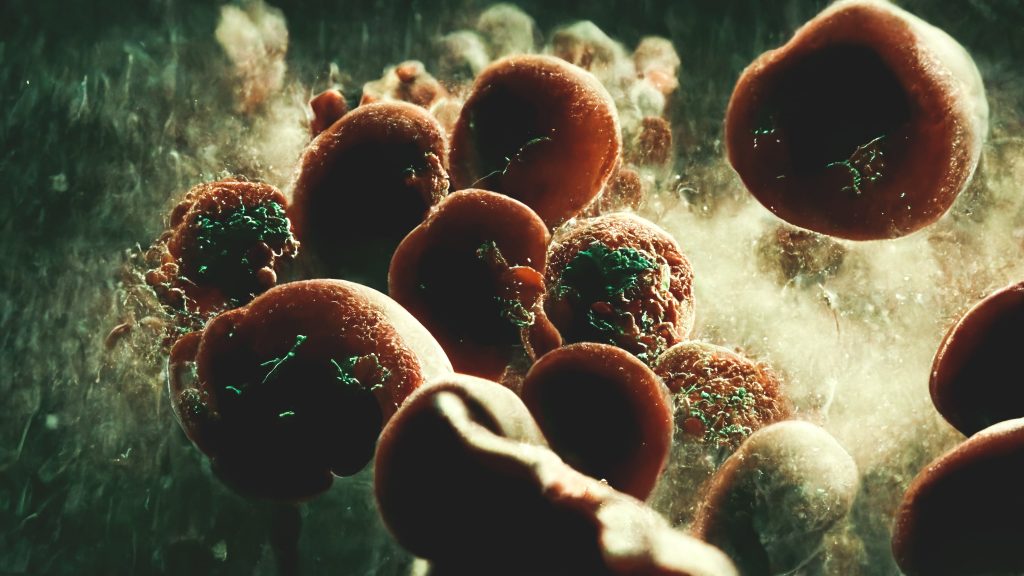Peptides Used As An Answer To Good Health

There are a large number of substances that assist in making one’s health better. Peptides are such an ingredient. However, in certain situations the use of the formula can be risky, thus causing the U.S. Food and Drug Administration (FDA) to come up with some guidelines for use.
What Are Peptides
A peptide is a short thread of two or more amino acids, which are similar to proteins, but are smaller, and combined by a peptide bond. They help to regulate specific cellular functions and insulin, facilitate certain biochemical processes in the body, influences growth, and are used for therapeutics.
Many people are confused by the terms “peptide” and “protein.” Not all peptides form proteins, but all proteins include peptides.
Peptides are used in pharmaceuticals, supplements, and skincare. They are also essential to modern medicinal and biochemical research due to their selectivity, specificity, and potency when interacting with a target protein or molecule. Moreover, they can be modified. The fact that they are selective minimizes the risk of side effects. Researchers have been using peptides to treat some medical issues since 1921.
Peptides are also made in the human body to assist in the development of insulin and some hormones and help the body absorb sugar from food.
They also are more beneficial than other drugs because they more easily travel where they need to, have fewer side effects, and are safer because the body breaks them down. The result is amino acids that the body recycles.
Peptides have been shown to be beneficial to the skin, and muscles, and helps in losing weight. So they are used as supplements that include skincare products and dietary supplements available over the counter.
Other benefits to the drug include:
· The growth of longer, thicker and healthier hair
· Improve bone density
· Increase the level of testosterone
In addition, peptides are used in therapies to change or enhance parts of the human body. For example, athletes use growth hormone-released peptides to assist the body in producing more growth hormones, and helping their bones and muscles recover after workouts and competitions.
Peptides can be taken orally or in dietary supplements, applied to the skin or in a patch, sprayed into the nose, or injected.
Peptides are also found in many foods including:
· Meat
· Fish or shellfish
· Beans and lentils
· Soy
· Flaxseed
· Hemp seeds
· Wheat
Peptides are categorized by their function or source. The classifications include:
· Antibiotic peptides
· Bacterial peptides
· Brain peptides
· Cancer and anticancer peptides
· Cardiovascular peptides
· Endocrine peptides
· Fungal peptides
· Gastrointestinal peptides
· Invertebrate peptides
· Opiate peptides
· Plant peptides
· Renal peptides
· Respiratory peptides
· Vaccine peptides
· Venom peptides
There are two types of peptides:
· Endogenous peptides, which the body manufactures
· Exogenous peptides, which are manufactured outside the body
Side Effects And Risks Of Using Peptides
The fact that peptides can cause side effects should not be a red flag in deciding not to use them. Just about every drug being offered today also cause side effects. It is, however, important to know what the side effects are so that you can make the right decision of whether you should use them.
Side effects of peptides include:
· Temporary redness, swelling, pain or itching on the injection site.
· Mild digestive problems including nausea, vomiting, or diarrhea when taken orally.
· Although rare, allergic reactions that include skin rashes or breathing or anaphylaxis problems. It is advised that you consult with a doctor if you have one or more of these issues.
· A disruption of normal hormonal balance that can lead to changes in the menstrual cycle, libido, or mood swings.
Guidelines you should follow to assure that your use of peptides is safe include:
· Consulting with a healthcare professional before starting peptide therapy.
· Taking the proper dosage prescribed by a healthcare professional or described on the product’s label.
· Regular follow up with a healthcare provider.
· Storing the peptides in a cool and dry location that is away from direct sunlight or extreme temperatures.
If you experience any of the above issues, report it to your healthcare provider.
To assure that your use of peptides is safe, it is suggested that you educate yourself about their use, how they work, and the risk of taking them.
